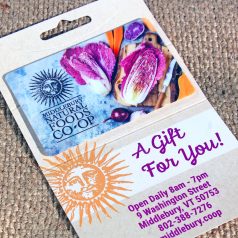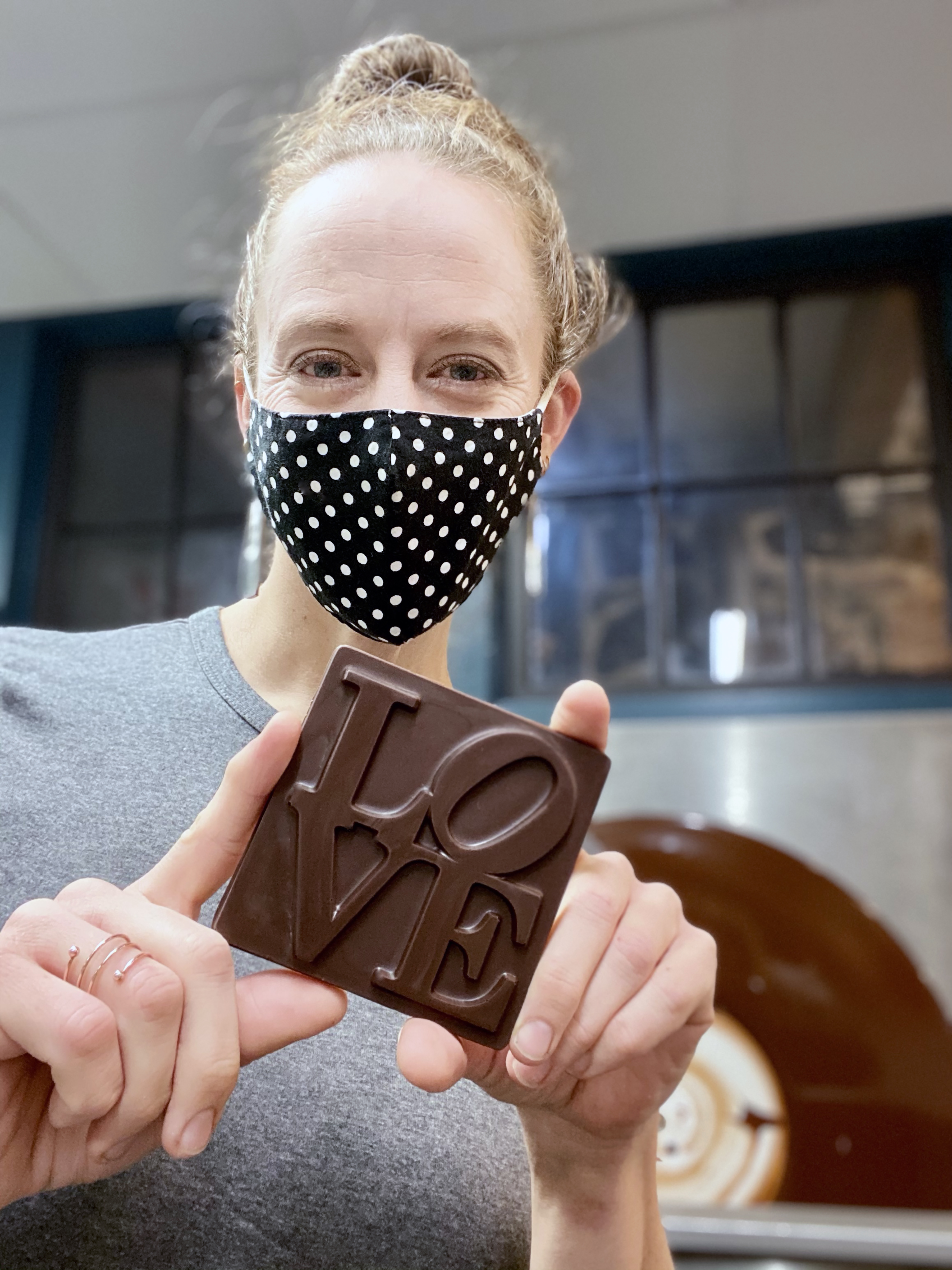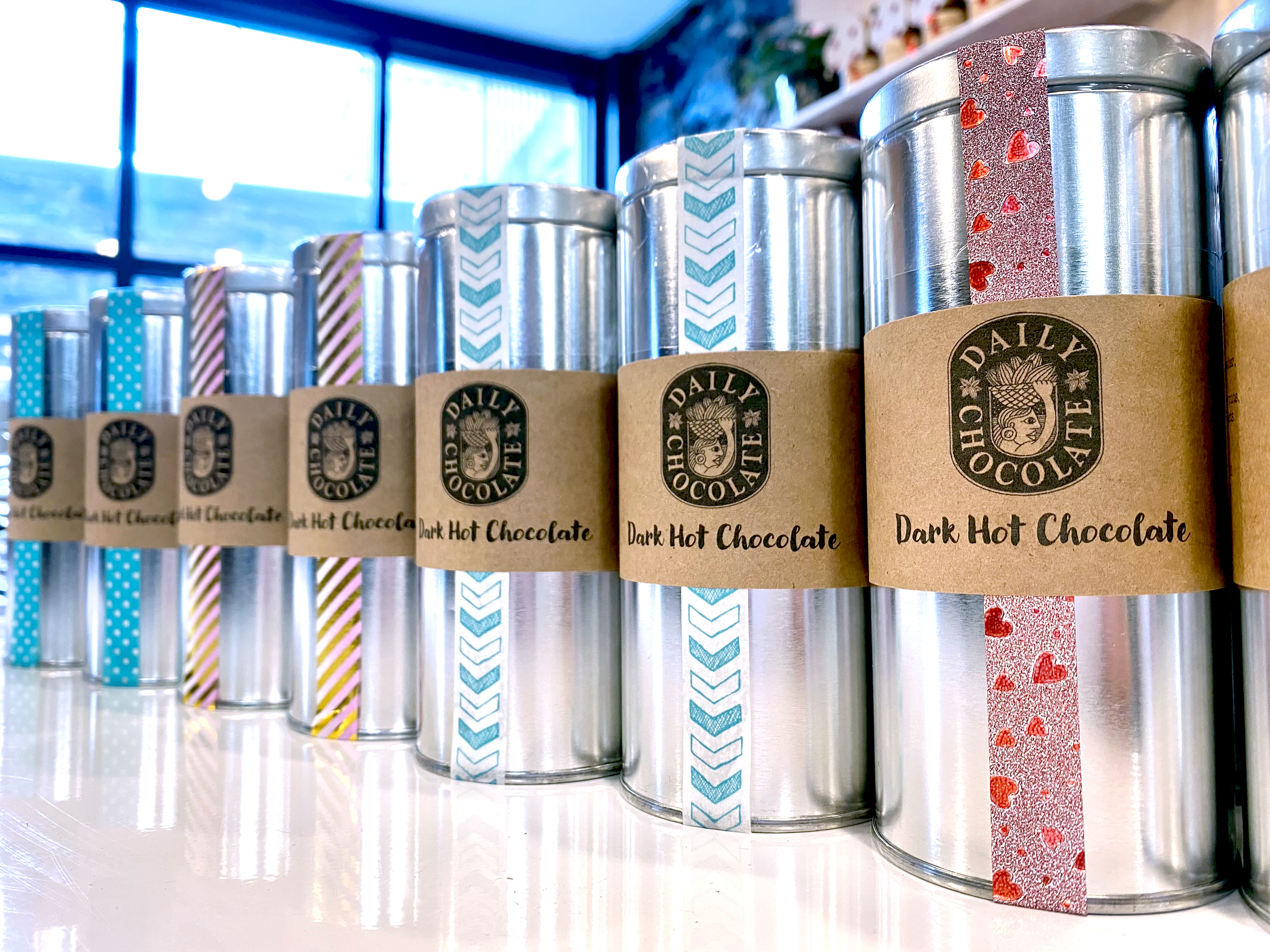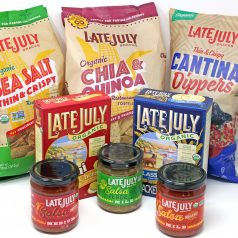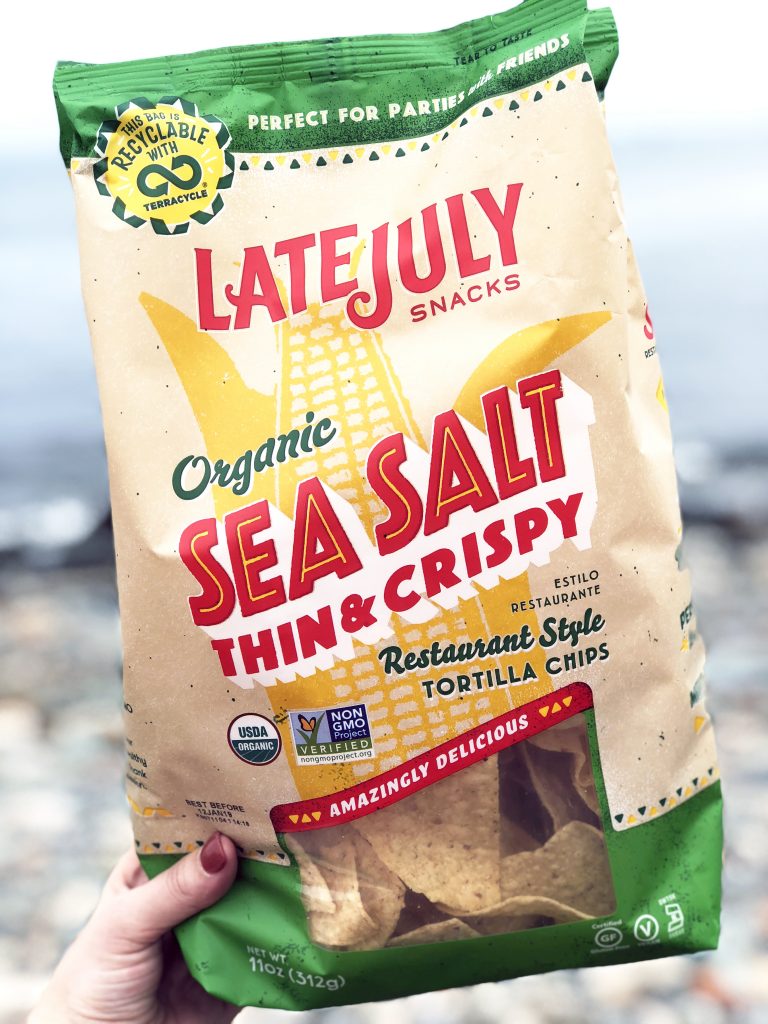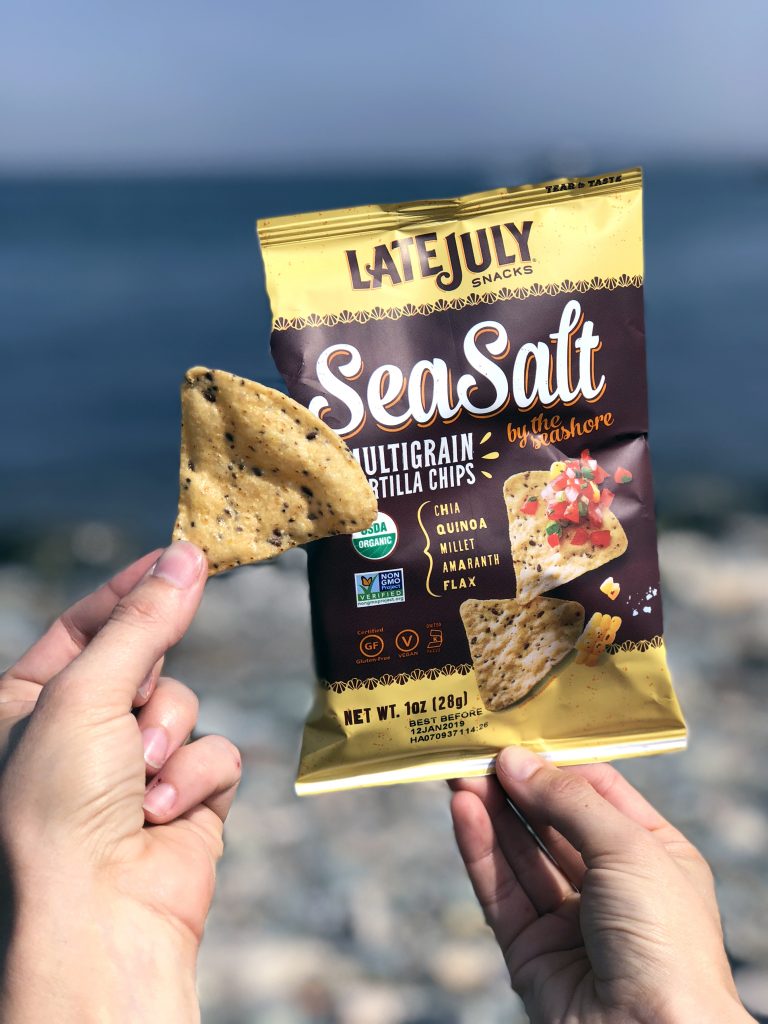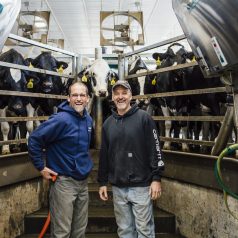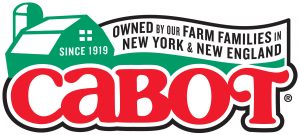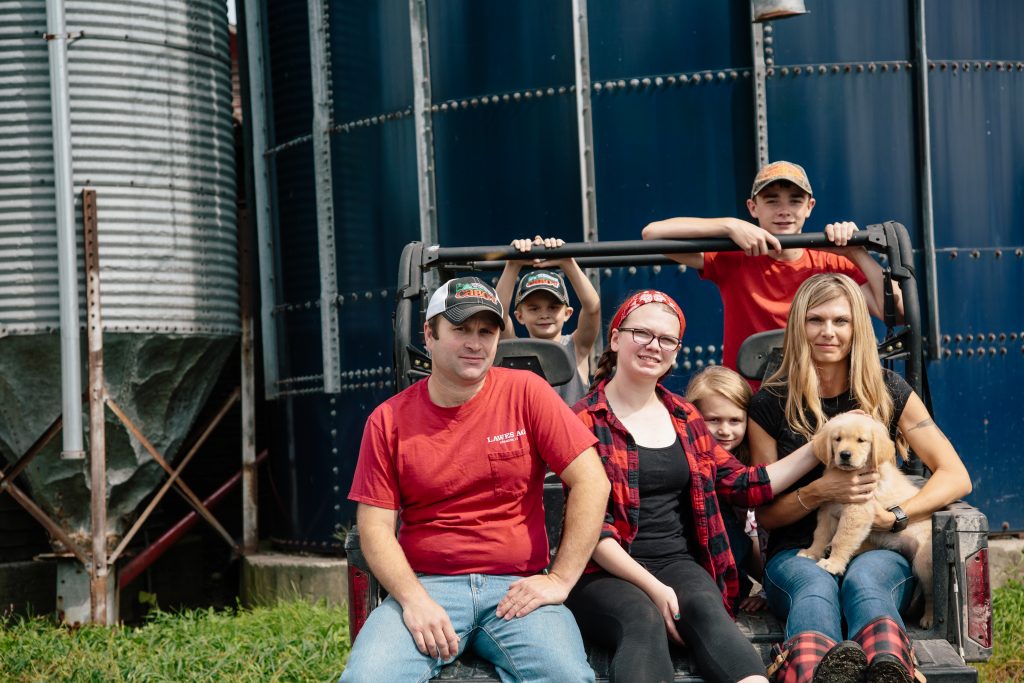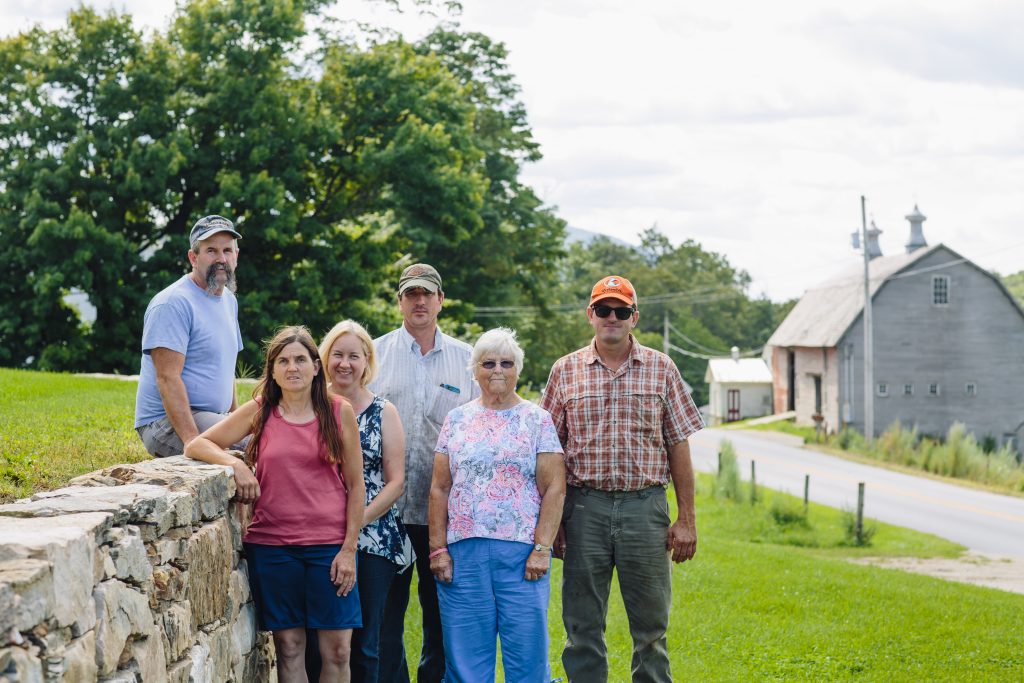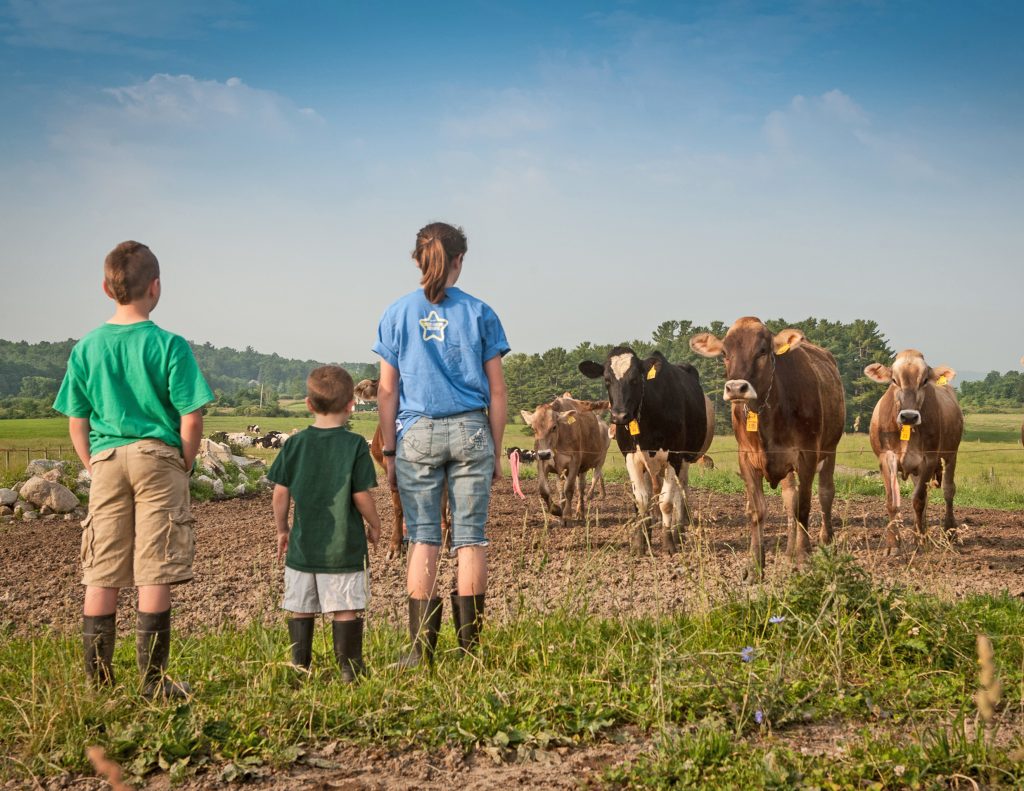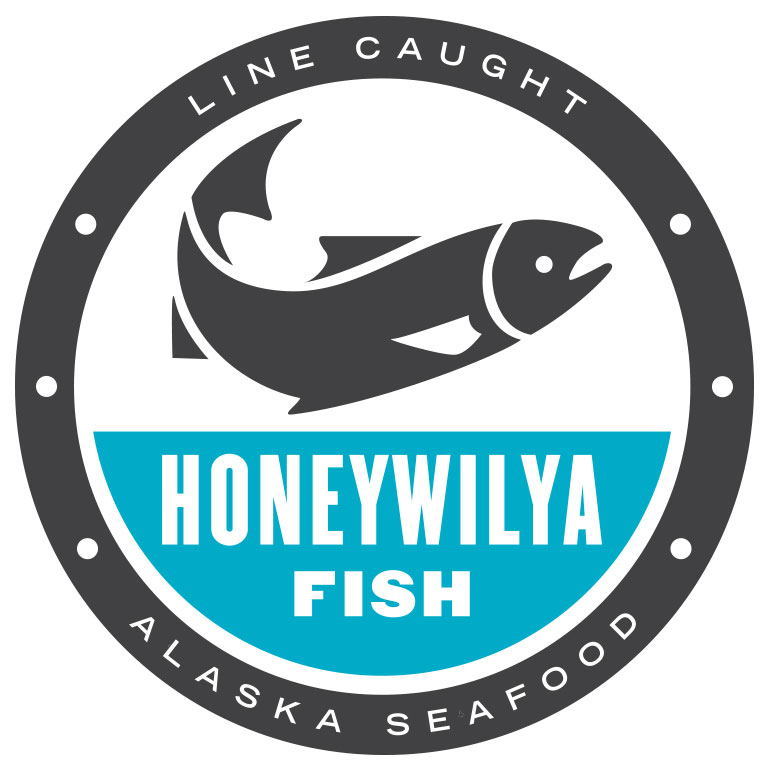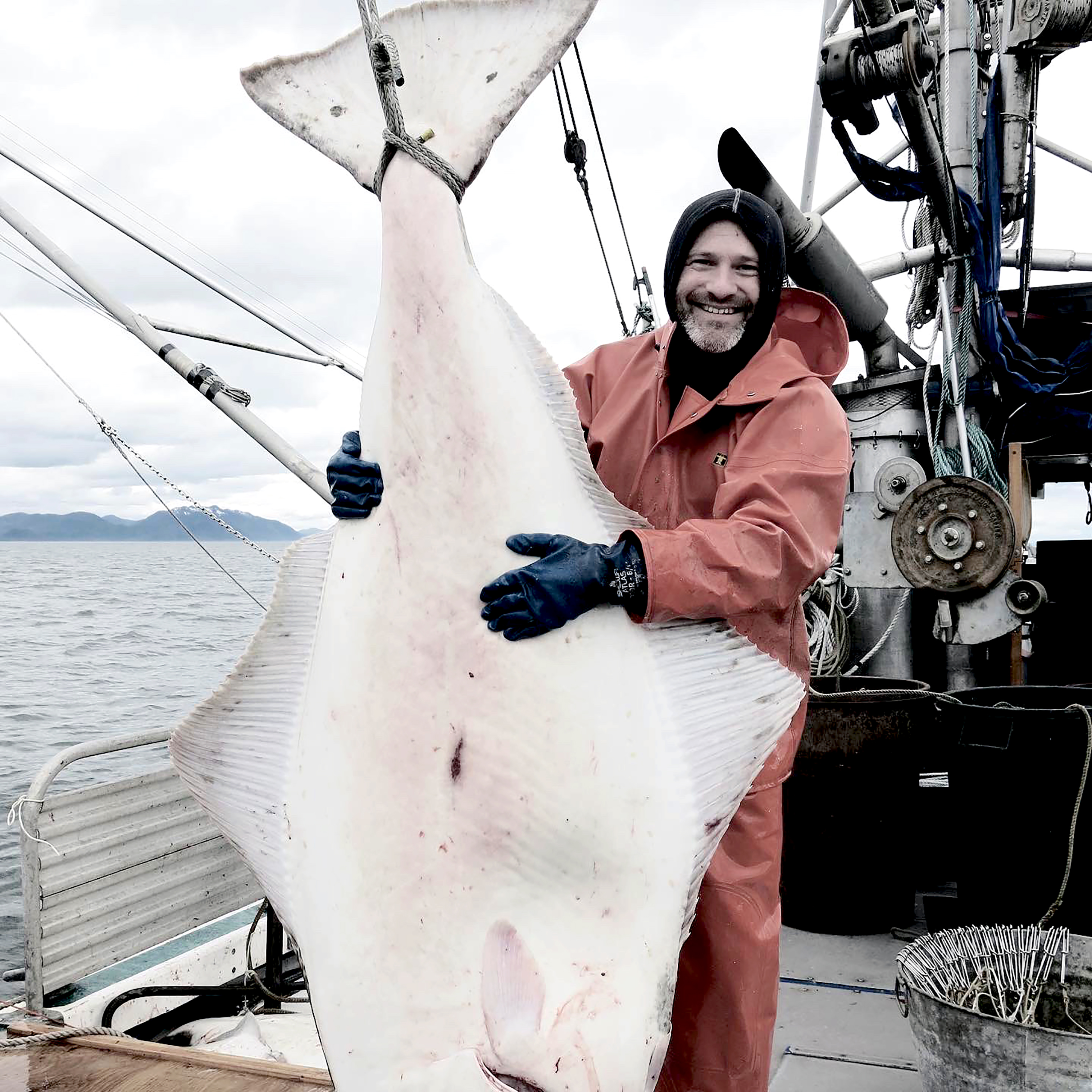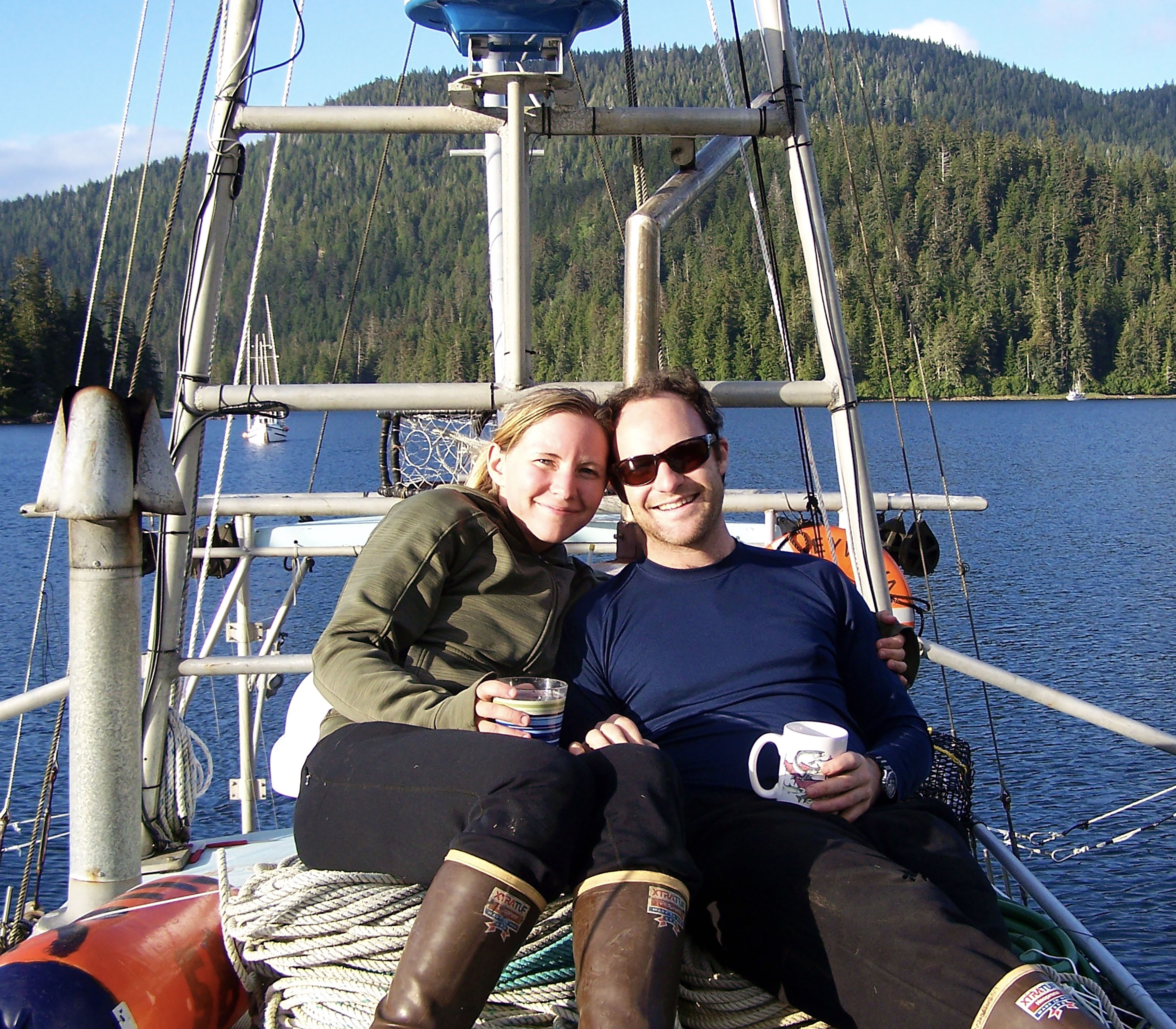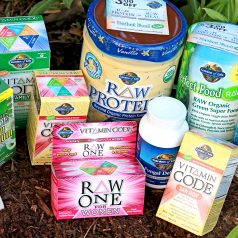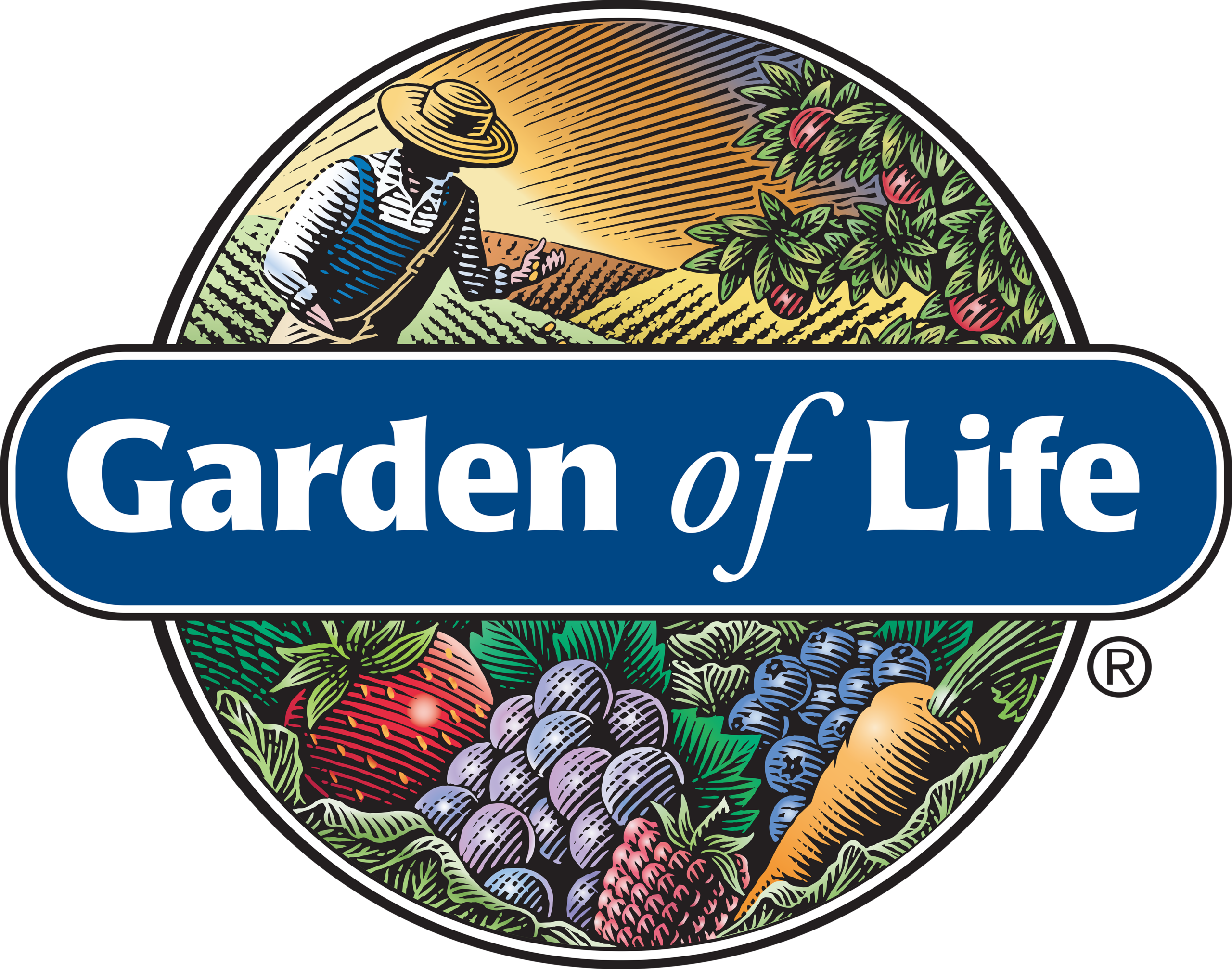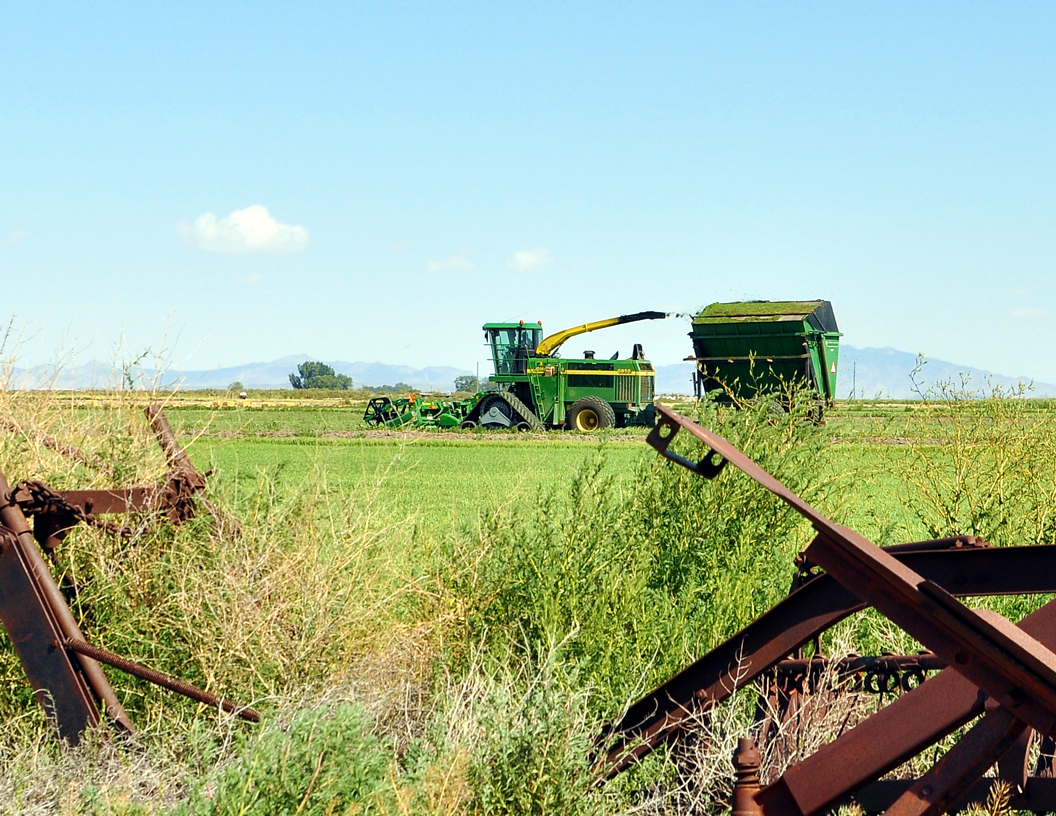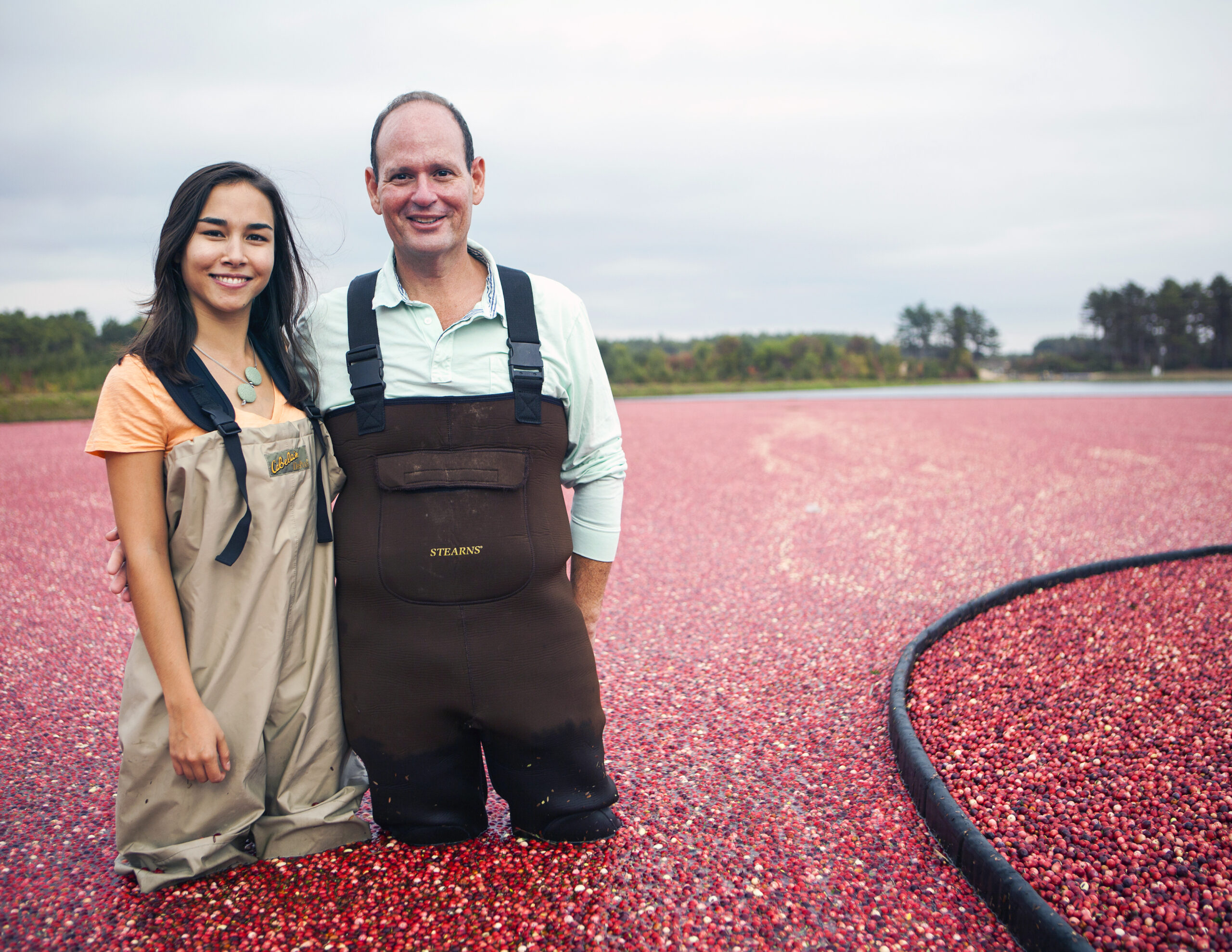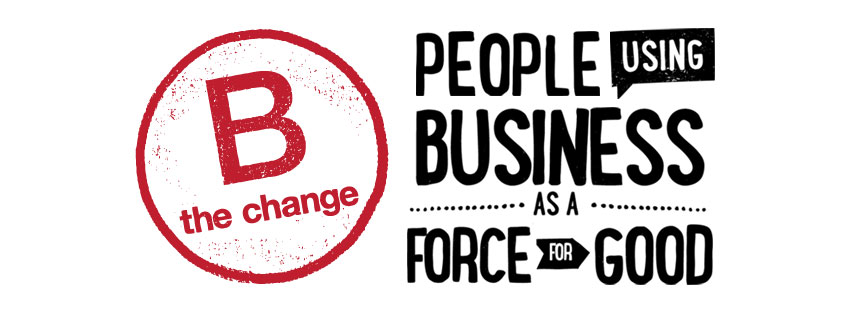
Wellness Wonders – Fish Oils
In honor of heart health month, our Wellness Wonder spotlight for February shines on fish oils! While taking a fish oil supplement is no substitute for the wealth of nutrients you get from eating fish as a regular part of your diet, fish oil supplements can come in handy for those who either don’t enjoy eating fish or simply find it challenging to incorporate fish into their diet. Fish oils are lauded for their abundance of omega-3 fatty acids, including DHA and EPA, which are considered “essential” nutrients meaning that we must obtain them from the foods that we eat. Omega-3 fatty acids play important roles in brain function, normal growth and development, and inflammation. Deficiencies have been linked to a variety of health problems, including cardiovascular disease, some cancers, mood disorders, arthritis, and more.
Omega-3 fatty acids are also important to consume in order to achieve a healthy omega-3 to omega-6 ratio. Western diets tend to be deficient in omega-3 fatty acids, and have excessive amounts of omega-6 fatty acids compared with the diet on which human beings evolved and their genetic patterns were established. Excessive amounts of omega-6 polyunsaturated fatty acids (PUFA) and a very high omega-6/omega-3 ratio, as is found in today’s Western diets, promote the pathogenesis of many diseases, including cardiovascular disease, cancer, and inflammatory and autoimmune diseases, whereas increased levels of omega-3 PUFA (a low omega-6/omega-3 ratio) exert suppressive effects. In short, a lower ratio of omega-6/omega-3 fatty acids is more desirable in reducing the risk of many of the chronic diseases of high prevalence in Western societies
In addition to providing a healthy dose of Omega-3s, fish oils also supply our bodies with vitamin A and vitamin D. These vitamins are essential for growth, healthy bones, proper brain development, and a healthy nervous system. Vitamin A is critical for helping our bodies access and utilize water-soluble vitamins and they also act as an antioxidant, protecting the body from pollutants and free radicals. Vitamin A also stimulates the secretion of gastric juices needed for protein digestion, plays a vital role in building strong bones and rich blood, contributes to the production of RNA. The body manufactures Vitamin D3 from cholesterol in the presence of sunlight and, while those living in southern climates can obtain all of the vitamin D they need from daily sun exposure, those of us in northern climes must consume diets rich in vitamin D containing foods, including marine oils and seafood.
Here at the Co-op, we carry a wide range of sustainably harvested fish oil products from Carlson, Nordic Naturals, Wiley’s Finest, Spectrum, New Chapter, and an in-house brand. If you have questions about fish oils, please don’t hesitate to ask a member of our Wellness team. They would love to help you select the perfect fish oil for your needs!







